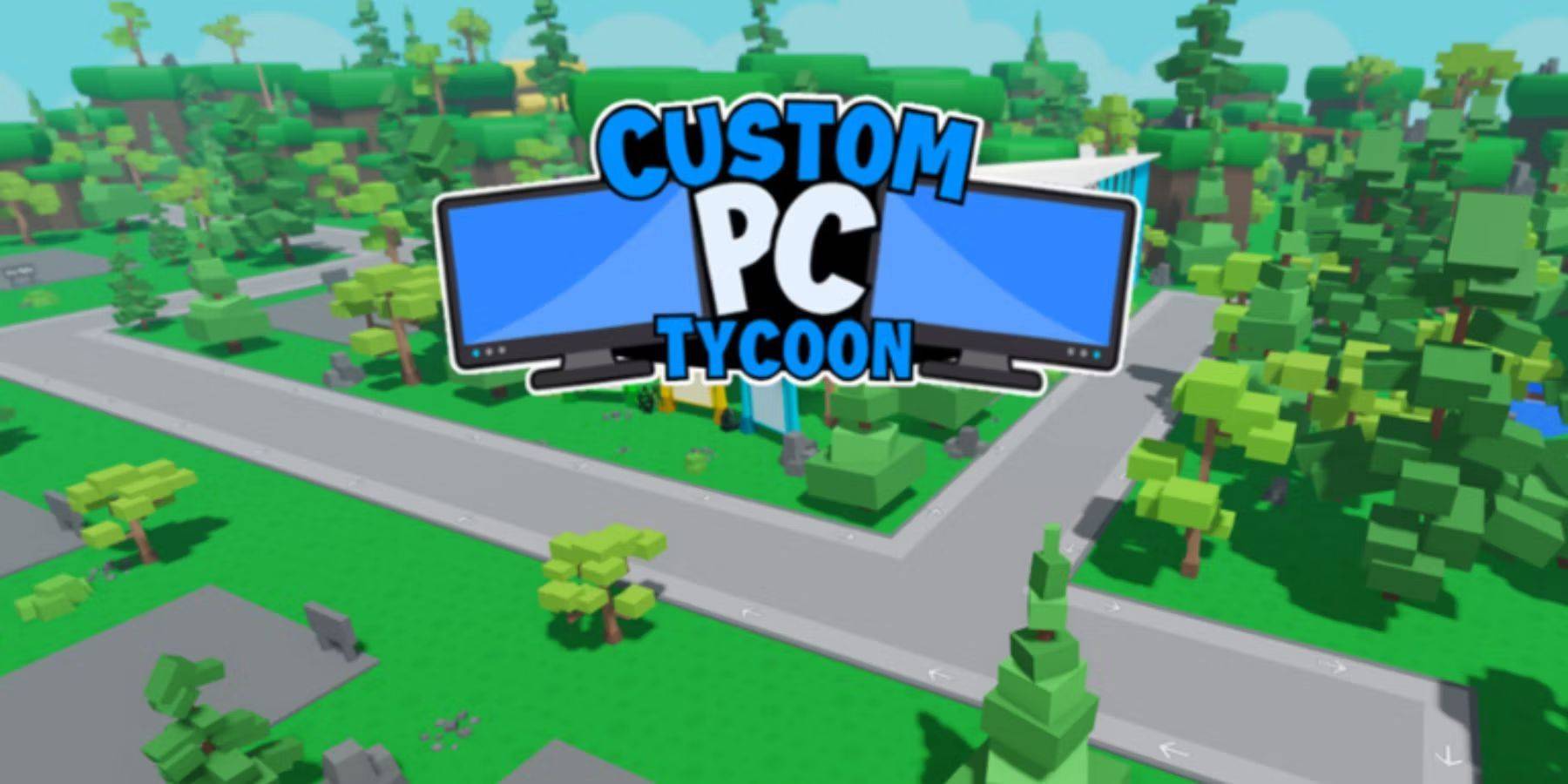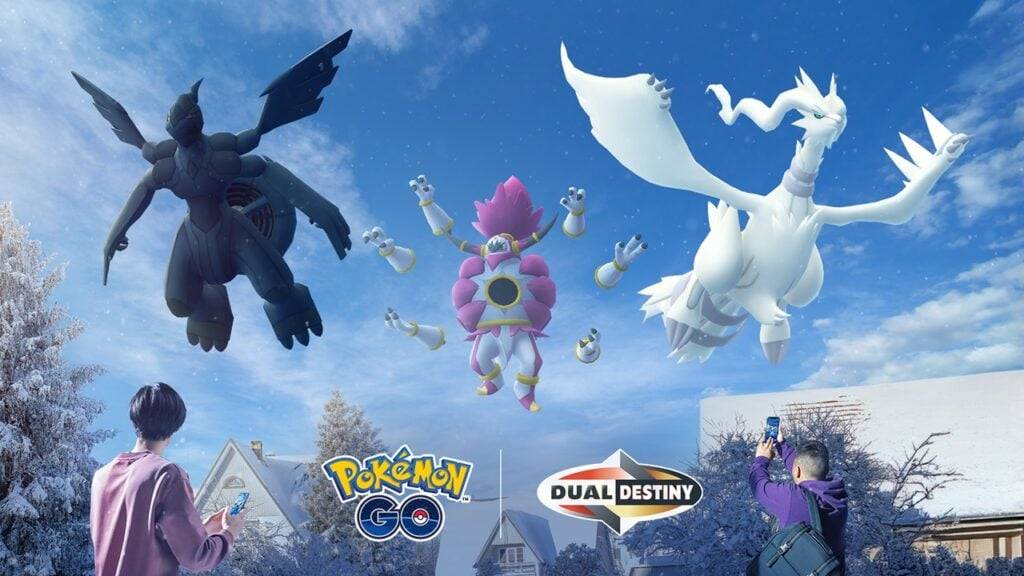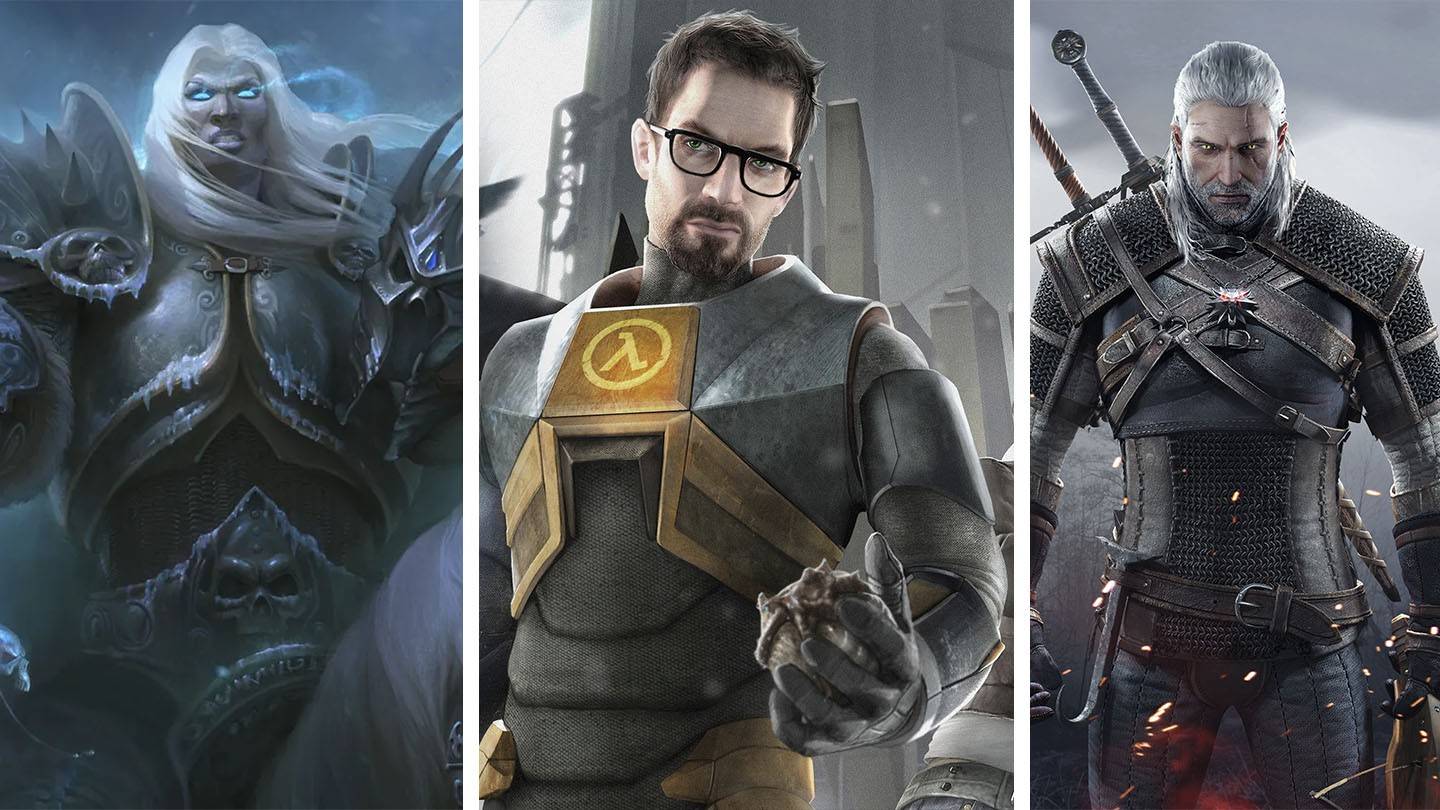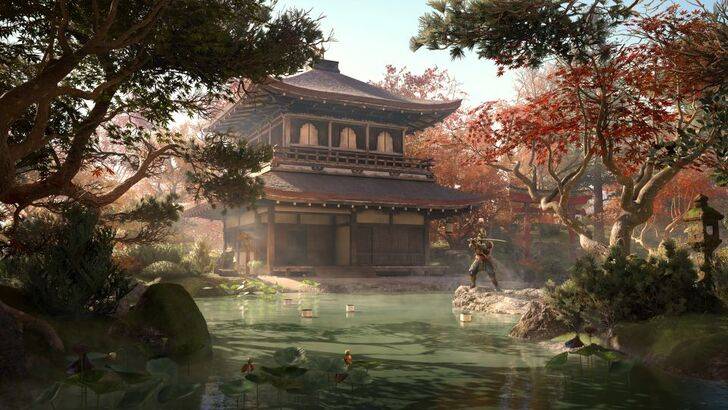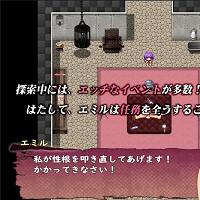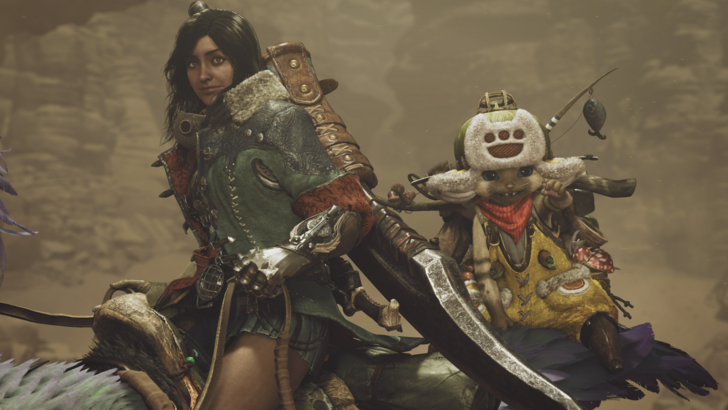 Building on the phenomenal success of Monster Hunter World, Capcom is poised to redefine the series with Monster Hunter Wilds.
Building on the phenomenal success of Monster Hunter World, Capcom is poised to redefine the series with Monster Hunter Wilds.
Related Video
Monster Hunter World's Legacy: The Foundation for Wilds
Capcom Aims for Global Domination with *Monster Hunter Wilds* -----------------------------------------------------------------------------A New Hunting Ground: An Open World Experience
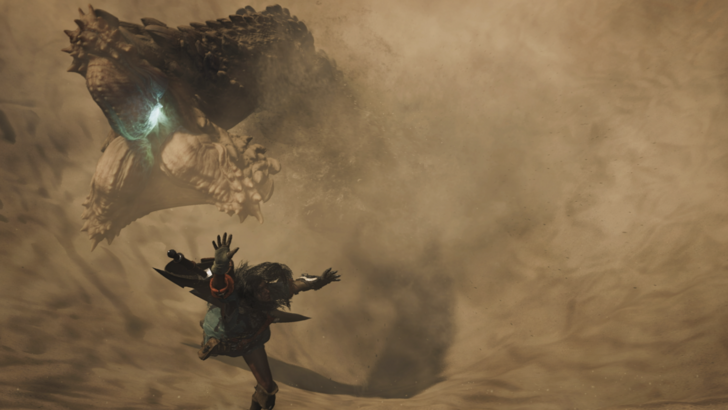 Monster Hunter Wilds boldly reimagines the franchise, transporting epic hunts into a vibrant, interconnected world with a dynamic, real-time ecosystem.
Monster Hunter Wilds boldly reimagines the franchise, transporting epic hunts into a vibrant, interconnected world with a dynamic, real-time ecosystem.
In a recent Summer Game Fest interview, producer Ryozo Tsujimoto, executive director Kaname Fujioka, and director Yuya Tokuda revealed their vision for Wilds. The focus: seamless gameplay within an immersive, responsive environment.
Like its predecessors, Wilds casts players as hunters exploring uncharted territory, encountering new creatures and resources. However, the Summer Game Fest demo showcased a significant departure from the traditional mission structure. Gone are the segmented zones; in their place is a sprawling, open world inviting exploration, hunting, and environmental interaction.
"Seamlessness is fundamental to Monster Hunter Wilds," stated Fujioka. "We aimed to craft detailed, immersive ecosystems demanding a seamless world teeming with challenging monsters freely available for the hunt."
A Dynamic and Ever-Changing World
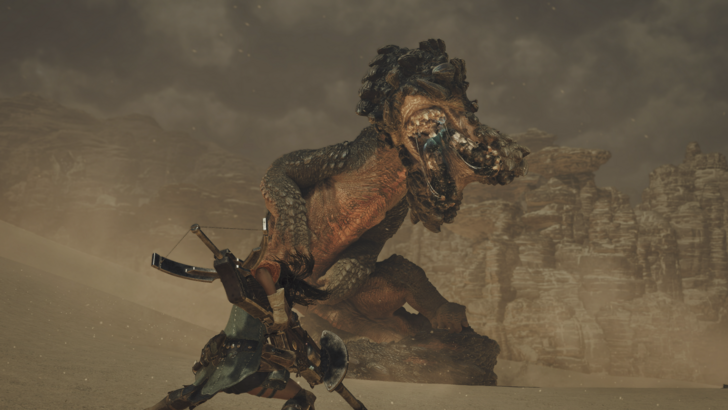 The demo highlighted desert settlements, diverse biomes, a variety of monsters, and hunter NPCs. This new approach eliminates timed missions, offering a more flexible hunting experience. Fujioka emphasized the importance of world interaction: "We focused on interactions like monster packs pursuing prey and their conflicts with human hunters. These characters exhibit 24-hour behavioral patterns, resulting in a more dynamic, organic feel."
The demo highlighted desert settlements, diverse biomes, a variety of monsters, and hunter NPCs. This new approach eliminates timed missions, offering a more flexible hunting experience. Fujioka emphasized the importance of world interaction: "We focused on interactions like monster packs pursuing prey and their conflicts with human hunters. These characters exhibit 24-hour behavioral patterns, resulting in a more dynamic, organic feel."
Monster Hunter Wilds also incorporates real-time weather changes and fluctuating monster populations. Director Yuya Tokuda explained the technological advancements enabling this dynamic world: "Creating a massive, evolving ecosystem with numerous monsters and interactive characters presented a significant challenge. Simultaneous environmental changes—previously impossible—are now a reality."
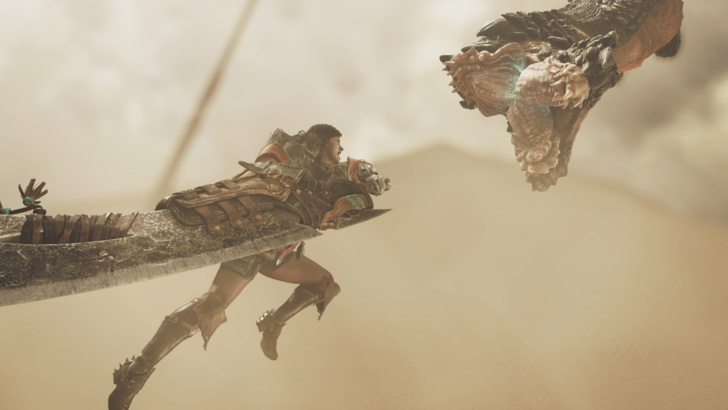 The success of Monster Hunter World provided invaluable lessons shaping Wilds' development. Producer Ryozo Tsujimoto highlighted the significance of a global perspective: "We adopted a global mindset for Monster Hunter World, prioritizing simultaneous worldwide release and comprehensive localization. This global approach helped us consider players unfamiliar with the series and how to re-engage them."
The success of Monster Hunter World provided invaluable lessons shaping Wilds' development. Producer Ryozo Tsujimoto highlighted the significance of a global perspective: "We adopted a global mindset for Monster Hunter World, prioritizing simultaneous worldwide release and comprehensive localization. This global approach helped us consider players unfamiliar with the series and how to re-engage them."

 Latest Downloads
Latest Downloads
 Downlaod
Downlaod



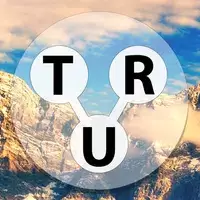
 Top News
Top News